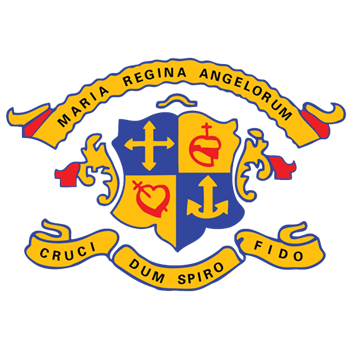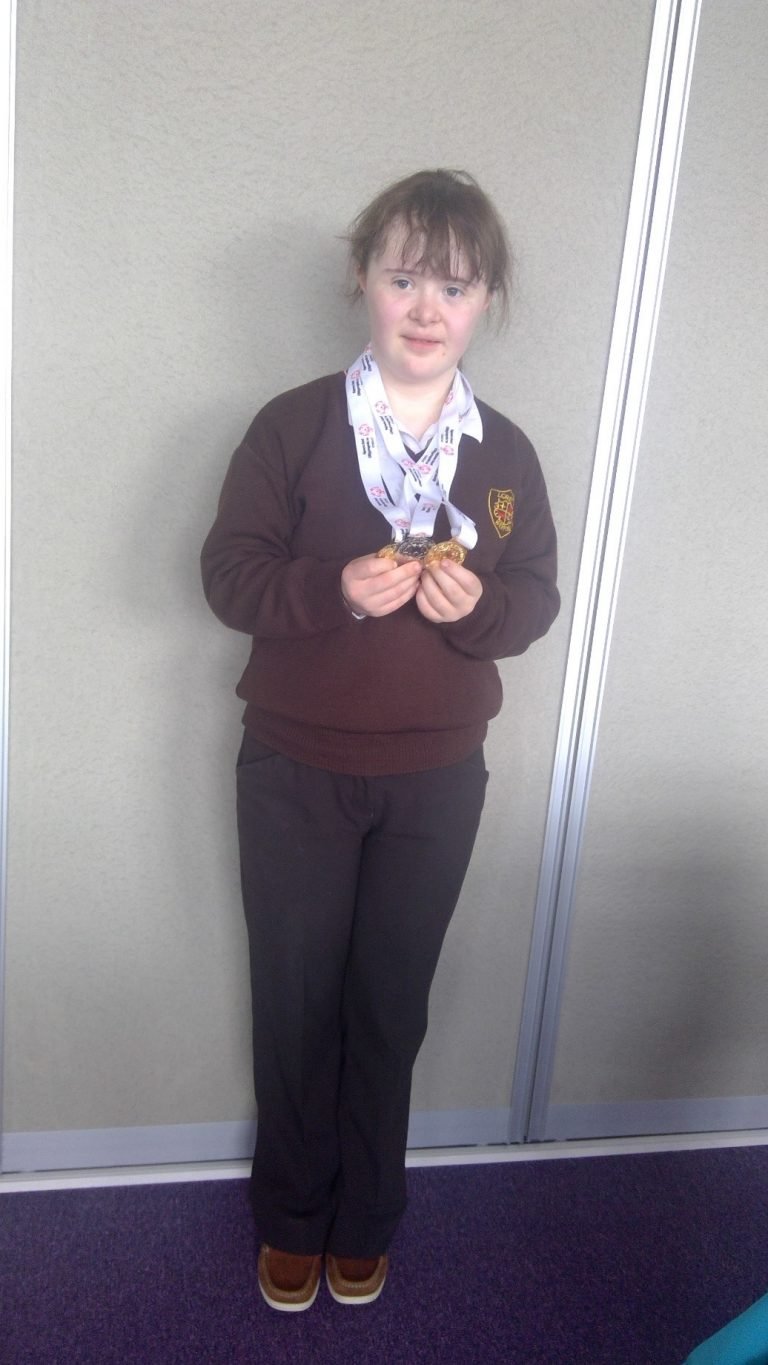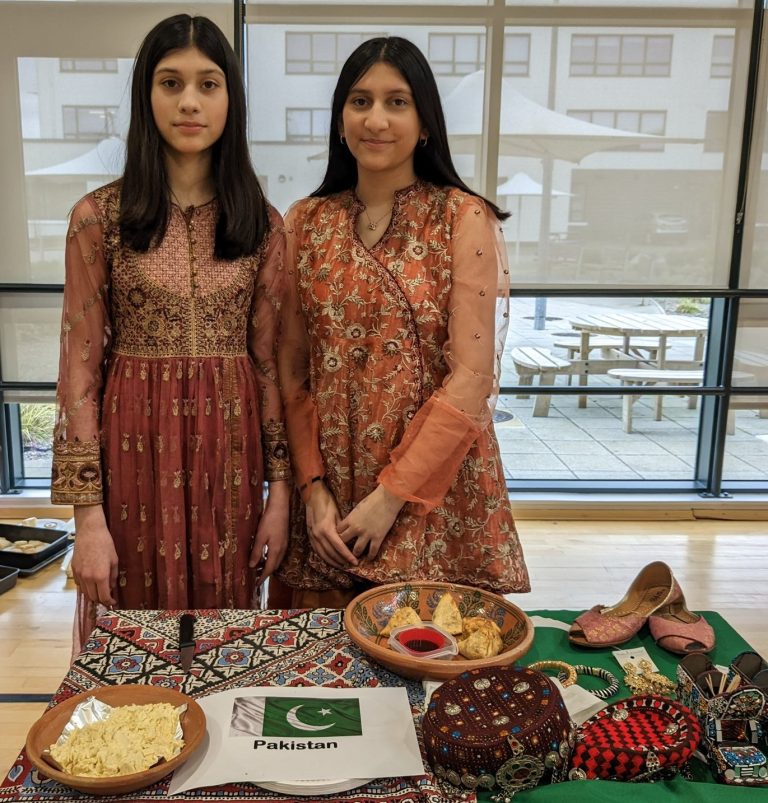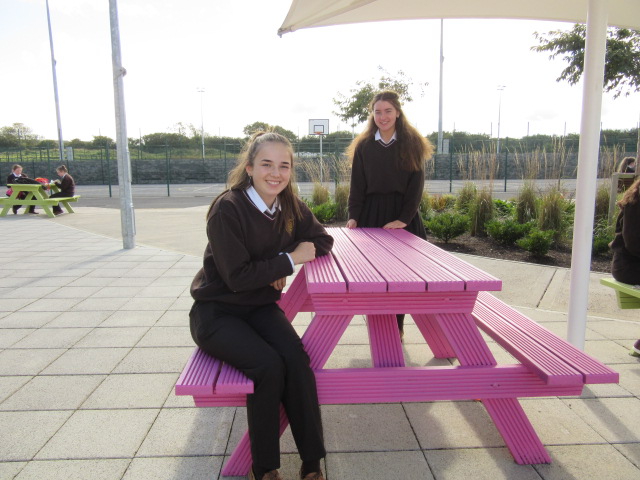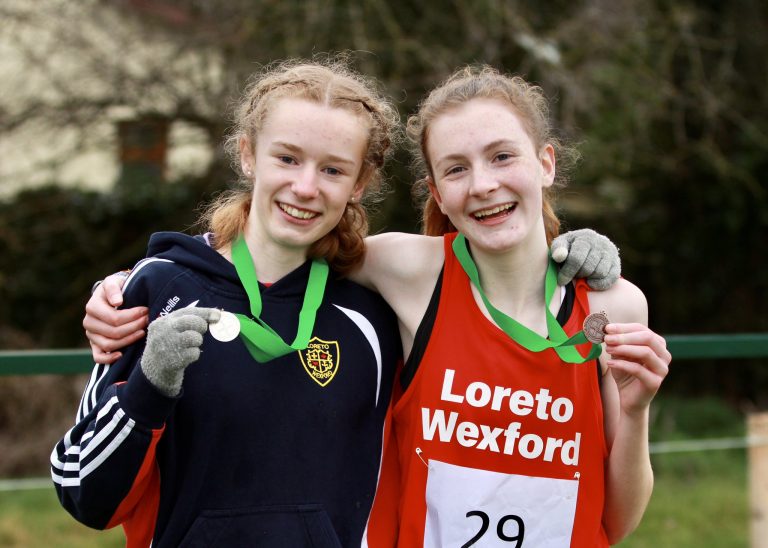19 November 2021

School Show – Calamity Jane
The students and staff in Loreto Secondary School and St. Peter’s College, Wexford are delighted to bring their production of “Calamity Jane” to the magnificent stage of the National Opera House. This will be the twelfth joint production between the two schools since 2002.
The 80 students in the cast have been rehearsing since early September under the direction of the vastly experienced production team of Alan Corcoran, Fintan Cleary, Fintan Kavanagh and Sorcha O’Connor. They look forward to the full support of both school communities and Wexford’s theatre-going population as they portray life in the wild-west outpost of Deadwood City in 1876.
The show will be staged from Tuesday, 7 to Thursday, 9 December beginning at 19.30. Tickets (€20 adults, €10 students and OAPs) are now on sale online from the National Opera House. They are selling fast so please book now to avoid disappointment.
3rd and 5th year Parent-Teacher Meetings
Parent-teacher meetings for 3rd and 5th year students will be held from 16.15 to 18.45 on Thursday, 25 November (3rd years) and Thursday, 2 December (5th years).
Due to the worsening Covid 19 situation and revised public health advice, both meetings will be held online.
Full details of the meetings will be communicated to parents in the coming days.
Report by the TY Green Team
The Climate and Nature Summit
The Climate and Nature Summit took place from the 1st – 5th of November, coinciding with the 2021 United Nations Climate Change Conference, also known as COP26. Each day members of the TY Green Team attended morning and afternoon online information sessions. These sessions were based on problems concerning climate change and nature preservation. Below are summaries of some of the many important and interesting topics which were discussed during the summit.
WWF (Worldwide Fund for Nature)
The WWF work to conserve endangered species, protect endangered spaces, and address global threats to the planet such as climate change. WWF work to help local communities conserve the natural resources they depend on. They also help transform businesses and markets to become more sustainable and to protect species and their habitats. WWF work in partnership with many businesses such as Tesco, HSBC, and Sky. Businesses are the biggest creators of pollution so therefore need to make the biggest change. WWF partners with these businesses to achieve joint environmental goals, such as reducing packaging on products.
Educational Revolution
Educational Revolution encourages schools to get involved in a sustainable policy. These policies include reducing single-use plastics and encouraging a more sustainable environment in our school. Some ways in which we can make our school more sustainable are book rental schemes, encouraging upcycling clothes and appliances, making climate science a stand-alone subject front and centre on a timetable, and teaching teamwork skills. We can only succeed if we work together.
Have a climate and nature conversation
The climate crisis must be resolved and after attending this virtual summit we now understand that it is we who have the power to make change for the better. If Covid-19 has taught us anything it is that when our ingrained normalities are challenged, the power of collective action is the solution to many of our greatest problems. We also know that sooner intervention often results in a better outcome. Therefore, we must work together for a future where people and nature can strive together. We must work to establish a ‘Green Corridor’ for wildlife while also aiming to protect endangered species and habitats. We are now aware that our generation is the first to know that we’re destroying the world and may very well be the last generation able to do anything about it!
Sharks VS Plastic
One topic that was discussed during the summit was the idea of plastics affecting the ecosystem of the ocean. We learned how plastic although very cheap to produce is a major problem for the environment but also poses a hazard to sea life. It is made up of non-renewable sources and is toxic for animals when ingested. It affects the ocean’s wildlife by oil spills, toxic pollution, strangulation, starvation, and suffocation. Animals such as sharks may choose to migrate to colder and unusual waters to escape their polluted waters. We should all try our best to eliminate plastic waste and dispose of our waste correctly. Reduce, Reuse, Recycle!!
By listening to representatives from climate and nature organisations such as Cristian Taylor from WWF we have learned that we must also inspire others to play their part in implementing climate solutions in every part of our lives. For example, food, electricity, transport, education, and land use.
We must start making changes NOW; not tomorrow, next week, or next month! If there is one thing that we took from the nature and climate summit, is that there is strength in unity. We must work together to change how we live, as the future is ours to shape, and change is coming whether we like it or not!!
